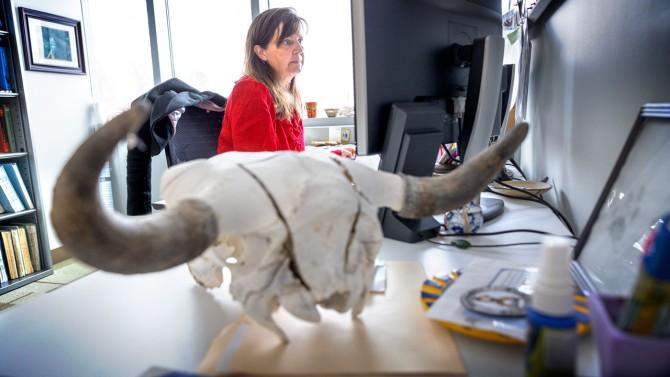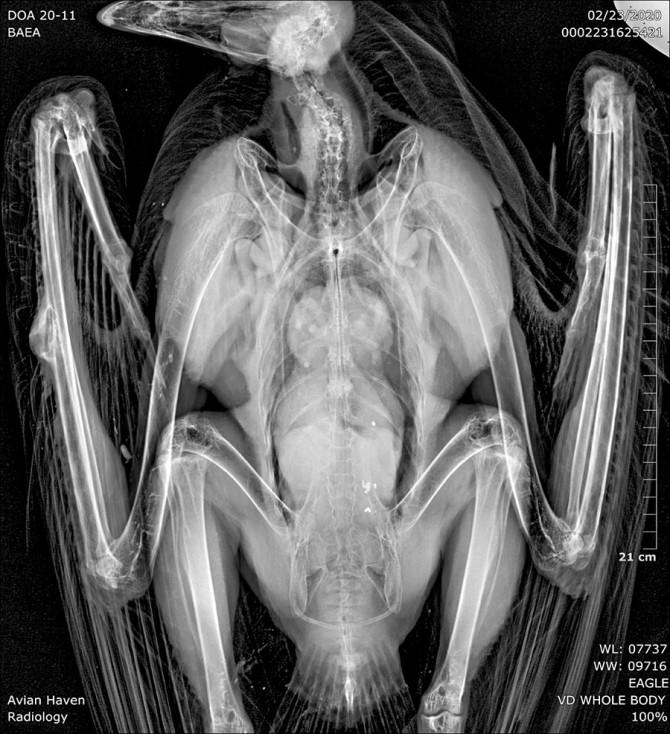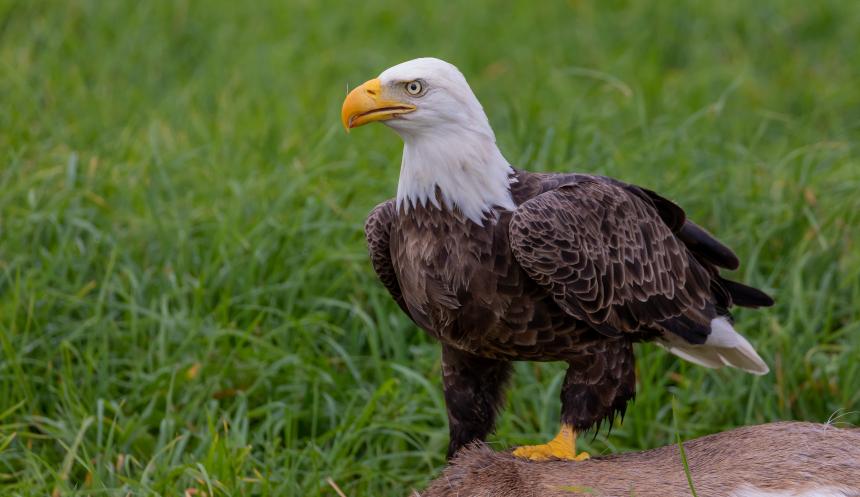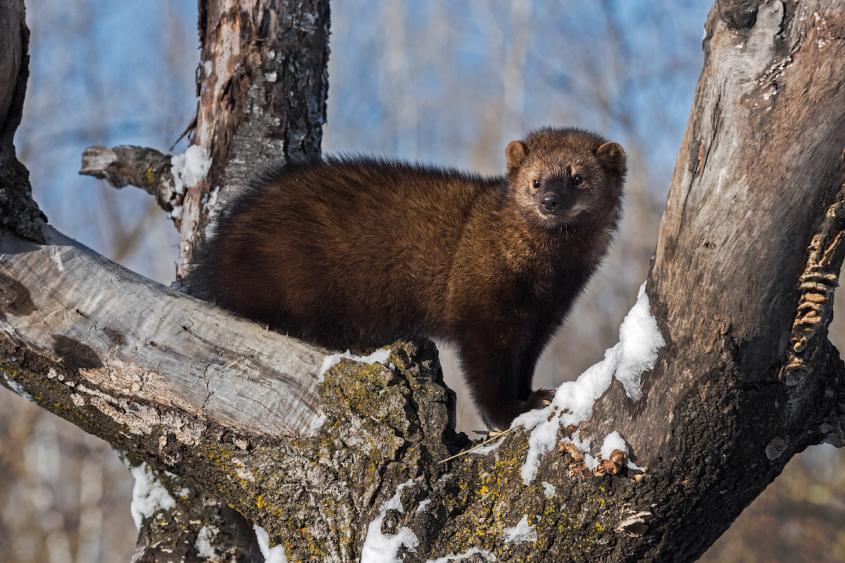In the News

February 23, 2022
The bald eagle’s comeback is one of America’s most famous conservation success stories. But despite the boom in their numbers, bald eagles still face many threats, including poisoning from ingesting lead bullets.

February 17, 2022
The New York State Wildlife Health Program is a key partnership between Cornell and the New York State Department of Environmental Conservation. The program coordinates responses when disease strikes New York’s wild animals and it helps prevent outbreaks, in domestic animals and people too, by translating data into policy.

Blog
February 04, 2022
Long before I was aware of the problem, professionals of veterinary medicine and pathology treated, rehabilitated, or necropsied ill, dying, or dead bald eagles. The wild birds had been presented for care after they ingested lead fragments from spent ammunition....

January 19, 2022
Bald eagle populations have slowly recovered from near devastation after the government banned DDT in 1972, but another ongoing issue has weakened that rebound – lead poisoning from gunshot ammunition.

For Your Information
January 18, 2022
Bald eagles are considered a recovery success in the U.S. after rebounding from near extirpation due to widespread use of DDT. Although abundances of bald eagles have increased since DDT was banned, other contaminants have remained in the environment with unknown influence on eagle population trends.

January 03, 2022
The New York State Department of Environmental Conservation recently renewed the New York State Wildlife Health Program for $6.4 million over five years. This partnership has enabled Cornell to work with the state’s wildlife biologists on threats that affect all of New York's wildlife.

October 02, 2019
The Cornell Wildlife Health Lab has created StaPOPd, an interactive online tool that helps calculate how many plants or animals need to be introduced into a habitat in order to establish a stable population - a critical piece of information for conservation projects.

Announcement
May 31, 2019
Cornell Wildlife Health Center team members recently received two Atkinson Center for a Sustainable Future grants. Dr. Martin Gilbert and colleagues and will be exploring the effects of human-leopard interaction on food security and public health in Nepal, and Dr. Krysten Schuler and team will test an awareness campaign that promotes non-lead ammunition to reduce the threat of lead toxicity to people and ecosystems.

May 16, 2018
Working closely with Cornell Wildlife Health Center experts, the New York State Department of Environmental Conservation released a final plan to minimize the risk of Chronic Wasting Disease impacting wild deer and moose.
